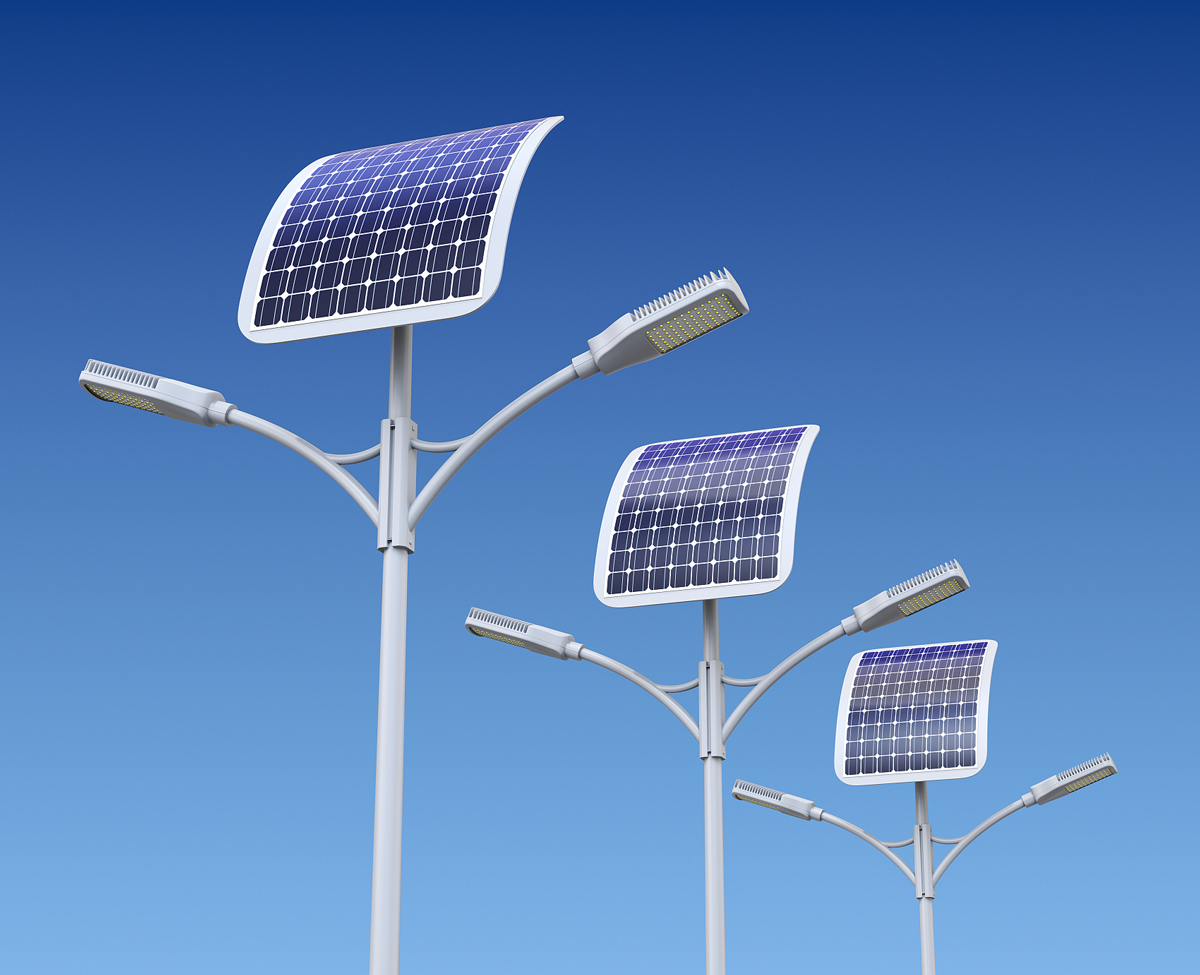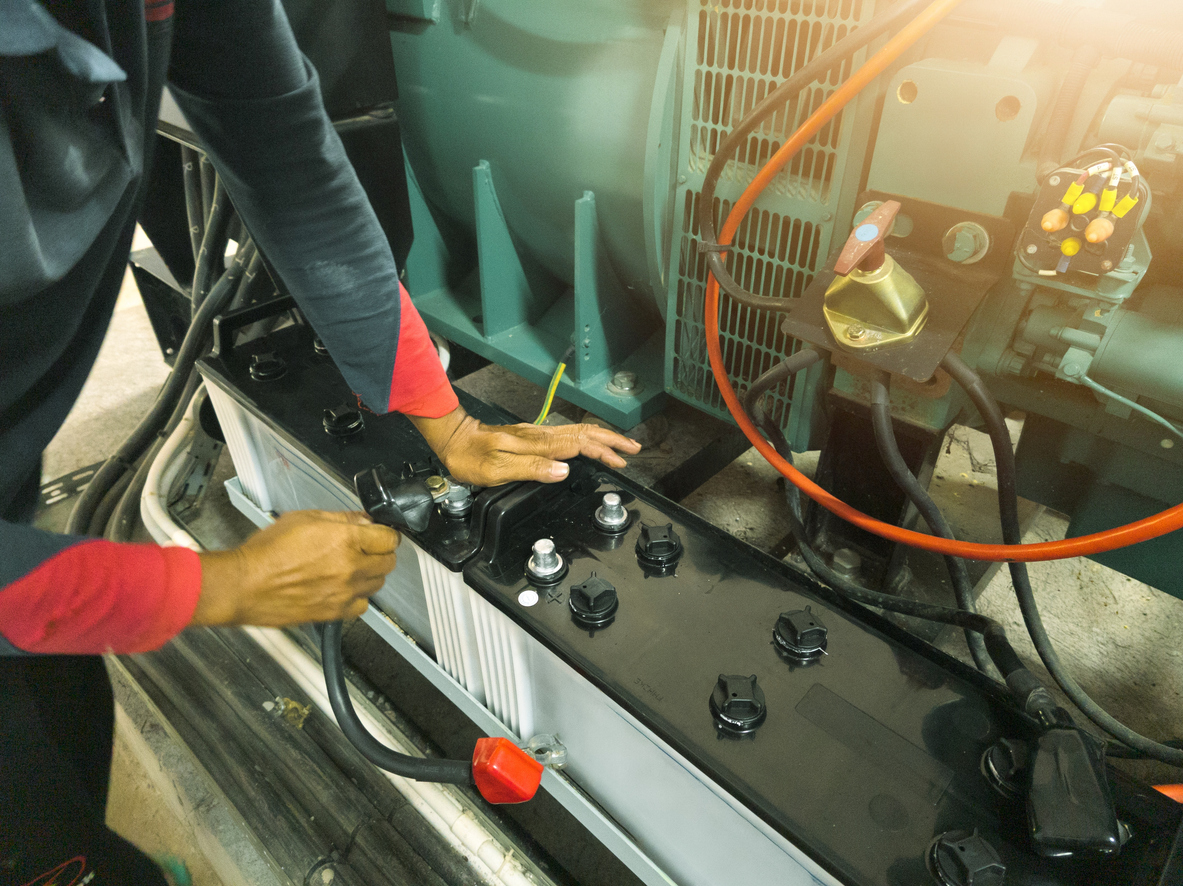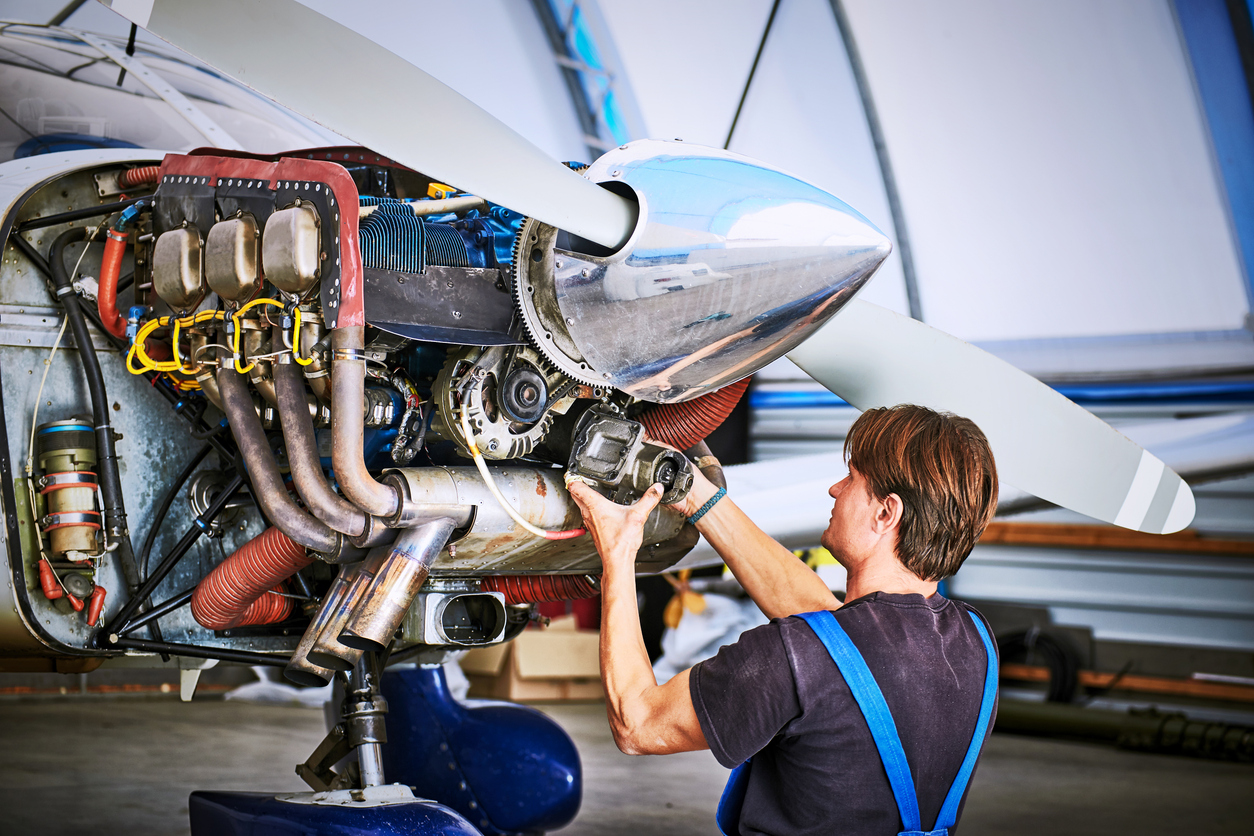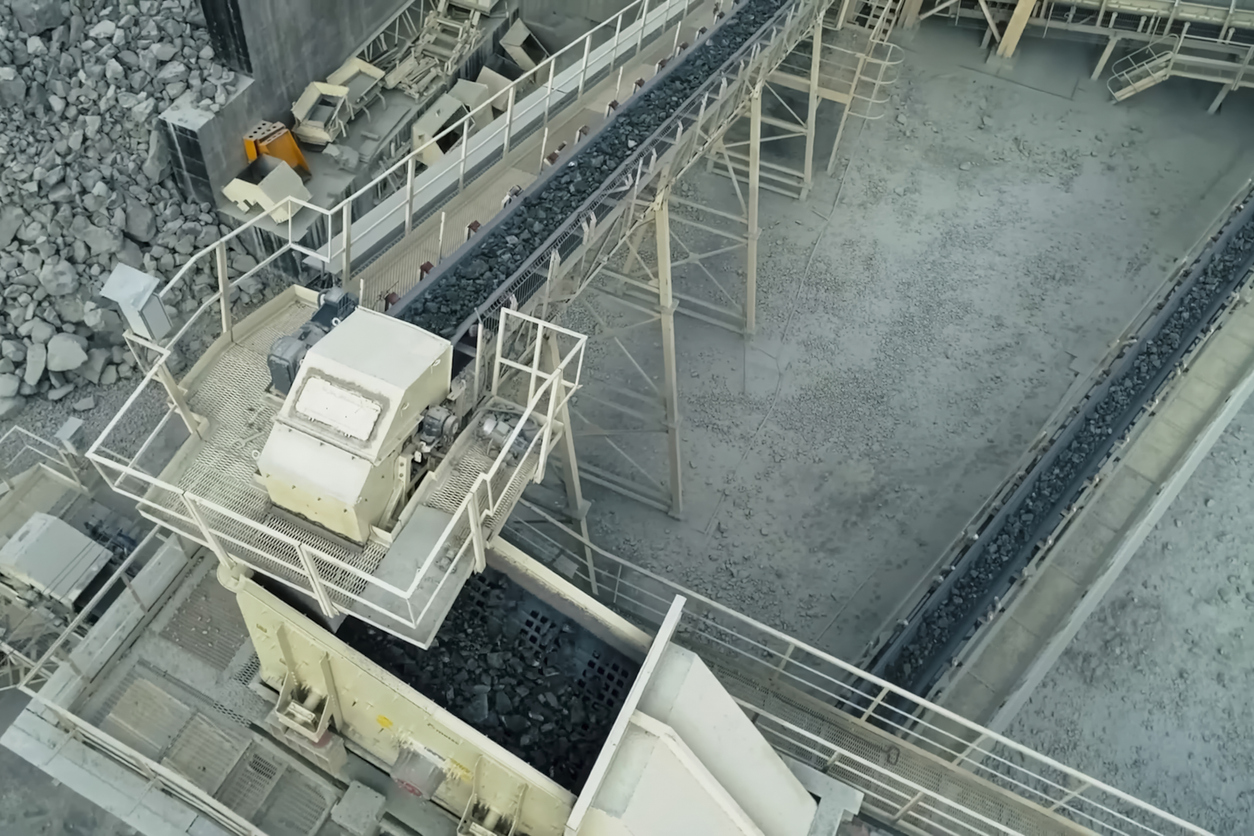How Solar Street Lights Can Help Reduce Nigeria’s Energy Crisis
How Solar Street Lights Can Help Reduce Nigeria’s Energy Crisis
Nigeria’s energy crisis is a growing concern, with electricity shortages and power outages limiting economic growth and development. Fortunately, solar street lights are emerging as a viable solution to help reduce the energy crisis in Nigeria. Solar street lights are powered by solar energy and are designed to be energy efficient and cost-effective, providing an alternative energy source that can help reduce the reliance on traditional energy sources. These solar-powered lights are becoming increasingly popular, as they are a reliable and sustainable way to illuminate streets and pathways while reducing electricity costs. Solar street lights provide a variety of benefits, including improved security, reduced light pollution, and increased safety of pedestrians and drivers. As Nigeria seeks to tackle its energy crisis, solar street lights can be a powerful tool to help reduce the nation’s reliance on traditional sources of energy.
Overview of Nigeria’s Energy Crisis
Nigeria relies on hydroelectric and thermal power plants to generate electricity, but the plants are often underutilized or offline due to the lack of water in hydroelectric power plants and poor maintenance of thermal power plants. As a result, Nigeria experiences intermittent power supply, with residents and businesses experiencing frequent power outages. The Nigerian government has vowed to tackle the energy crisis by increasing power generation, as well as diversifying the country’s power supply by investing in hydropower and natural gas. The government has also sought to improve transmission and distribution of electricity, as well as investing in renewable energy generation. Nigeria’s power sector is undergoing a transformation, from a public-sector-led model to a more commercially driven sector. The government is working to restructure the sector by encouraging private sector participation and promoting partnerships between the public and private sectors. The Nigerian government’s goal is to increase the country’s electricity generation capacity to 70,000 megawatts by 2020, up from the current capacity of about 16,000 megawatts. However, achieving this goal will require serious efforts to tackle Nigeria’s energy crisis, including addressing the lack of water, improving transmission and distribution, and investing in renewable energy.
What are Solar Street Lights?
Solar street lights are light fixtures designed to illuminate streets, pathways, and walkways. These lights are powered by solar energy and are designed to be energy efficient and cost-effective, providing an alternative energy source that can help reduce the reliance on traditional energy sources. Solar street lights can also be called solar pathway lights, solar walkway lights, solar roadway lights, solar parking lot lights, and solar parking garage lights. Solar street lights are typically installed along roads and in parking lots and garages. These lights are designed to provide a variety of benefits, including improved security, reduced light pollution, and increased safety of pedestrians and drivers. Solar street lights can also be used in parking lots and garages, along public walkways, and at bus stops.
Benefits of Solar Street Lights
Solar street lights provide a variety of benefits, including improved security, reduced light pollution, and increased safety of pedestrians and drivers. Solar street lights are installed along roads, in parking lots and garages, and at bus stops. These lights are designed to be energy efficient and cost-effective, providing an alternative source of energy that can help reduce the country’s reliance on traditional energy sources. Solar street lights can also be used in parking lots and garages, along public walkways, and at bus stops. Solar street lights provide a variety of benefits, including the following: Improved security – Solar-powered lights are highly effective at increasing the sense of security in areas that are prone to crime. When used in public areas, such as parking lots, pathways, and sidewalks, solar street lights can help improve safety by illuminating areas that might otherwise be dark and unsafe. Reduced light pollution – Excessive and unnecessary light can have a negative impact on the surrounding environment and wildlife. Solar street lights are designed to be energy efficient and have a minimal impact on the environment. These lights have a minimal impact on the environment, as they emit minimal light pollution. Increased safety of pedestrians and drivers – Solar street lights can help improve safety by illuminating areas that might otherwise be dark and unsafe. These lights can be particularly useful near schools, at bus stops, and along public walkways.
Solar Street Light Installation
Solar street lights are typically installed at the side of a road, in a parking lot, or at the entrance of a building. Before installing solar street lights, you should determine the best location based on factors such as the amount of sunlight at each location and the amount of foot traffic. Solar street lights are installed on posts that are typically made of steel or steel pipes. The lights are connected to electrical wiring and mounted on the posts, and the posts are then installed in the ground. Solar street lights can be installed by an electrician or a contractor, or you can install them yourself if you have the necessary skills and equipment. Before installing solar street lights, you must determine whether you need to obtain a permit. This varies from state to state, so it is important to check with your local municipality to determine if a permit is required and what information is needed. Solar street light installation costs can vary based on the type of lights, their size, the materials used, and the contractor or electrician that installs the lights.
Cost-Effectiveness of Solar Street Lights
Solar street lights are a cost-effective and energy-efficient alternative to traditional street lights. These lights use solar energy, which is a renewable source of energy that is not consumed or depleted. Although the solar street lights do not generate any energy, they can help reduce energy usage. Solar street lights are cost-effective, as they do not require a connection to the electric grid, meaning that they do not incur any energy costs. Solar street lights can also be used in parking lots and garages, along public walkways, and at bus stops. Solar street lights are a cost-effective alternative to traditional street lights. These lights use solar energy, which is a renewable source of energy that is not consumed or depleted. These lights can also help reduce energy usage. Solar street lights are cost-effective, as they do not require a connection to the electric grid, and therefore do not incur any energy costs. Additionally, solar street lights can be used in parking lots and garages, along public walkways, and at bus stops.
Advantages of Solar Street Lights
Solar street lights are energy efficient, cost-effective, and reliable, making them a powerful tool to help reduce the energy crisis in Nigeria. These lights are installed on the side of a road, in parking lots, and at bus stops. Solar street lights are designed to be energy efficient and cost-effective, providing an alternative source of energy that can help reduce the country’s reliance on traditional energy sources. These lights can also be used in parking lots and garages, along public walkways, and at bus stops. Solar street lights provide a variety of benefits, including the following: Energy efficiency – Solar street lights are designed to be energy efficient and cost-effective, providing an alternative source of energy that can help reduce the country’s reliance on traditional energy sources.
Disadvantages of Solar Street Lights
Although solar street lights provide a number of benefits, they also come with some disadvantages. For example, these lights may not be as effective when there is limited sunlight, such as in the winter. Solar street lights may not be as effective in areas that receive minimal sunlight throughout the year. Solar street lights may not be as effective when there is limited sunlight, such as in the winter. While solar street lights can still be used during these months, they may not be as effective, as they need sunlight to generate energy.
Solar Street Lights in Other Countries
Solar street lights are becoming increasingly popular, as they are a reliable and sustainable way to illuminate streets and pathways while reducing electricity costs. Solar street lights provide a variety of benefits, including improved security, reduced light pollution, and increased safety of pedestrians and drivers. Solar street lights are installed along roads, in parking lots and garages, and at bus stops. These lights are designed to be energy efficient and cost-effective, providing an alternative source of energy that can help reduce the country’s reliance on traditional energy sources. Solar street lights are also used in parking lots and garages, along public walkways, and at bus stops. Solar street lights provide a variety of benefits, including the following: Improved security – Solar-powered lights are highly effective at increasing the sense of security in areas that are prone to crime. When used in public areas, such as parking lots, pathways, and sidewalks, solar street lights can help improve safety by illuminating areas that might otherwise be dark and unsafe.








LEAVE A COMMENT
You must be logged in to post a comment.